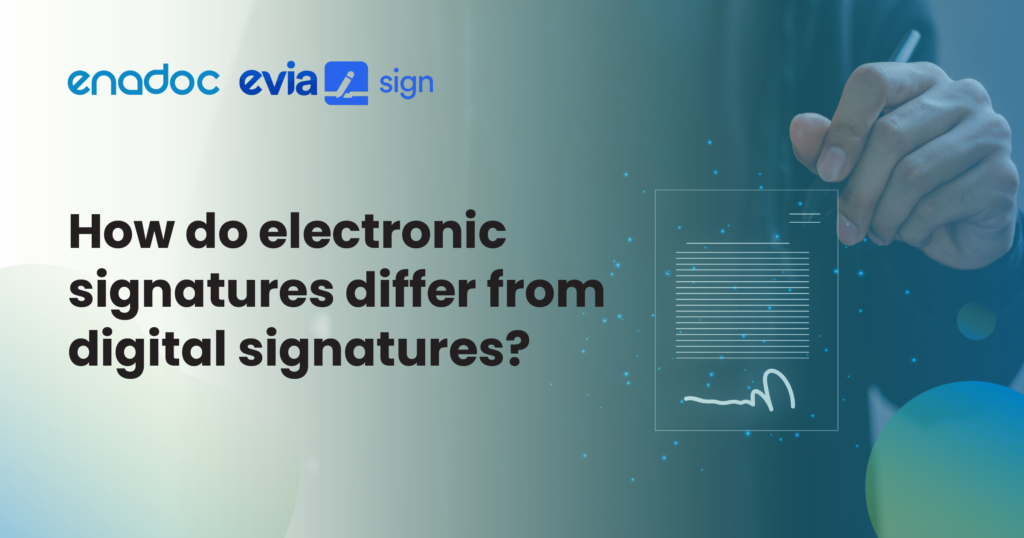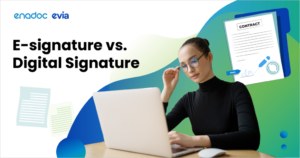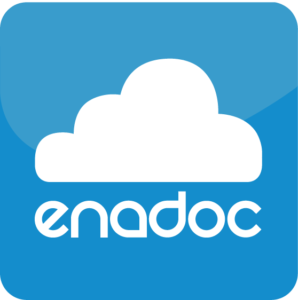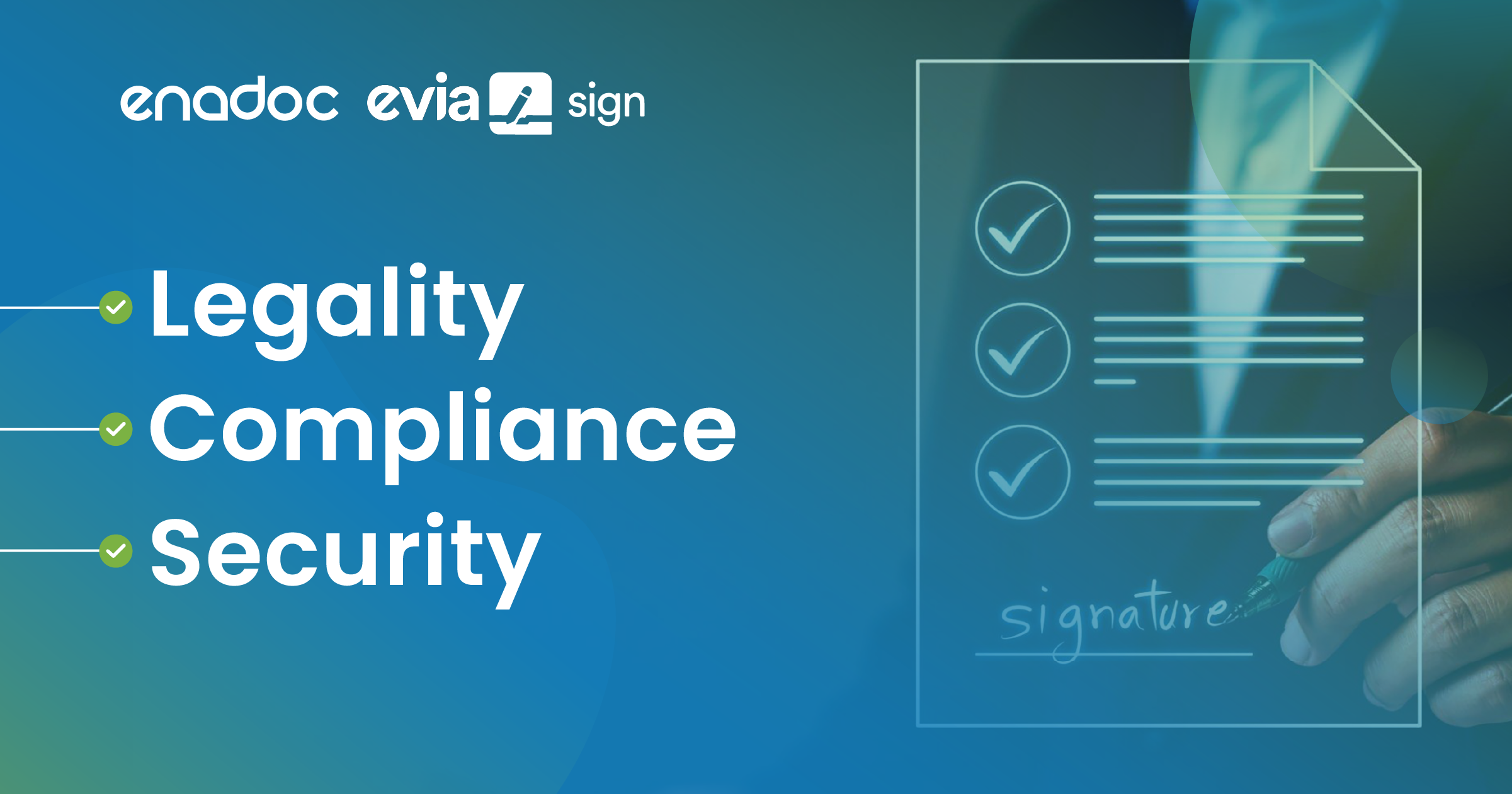
In this digital era, signatures are no longer limited to pen-paper. Electronic and digital signatures have become popular alternatives to traditional signatures, but what are the differences?
Electronic signatures and digital signatures serve as essential tools for document signing in the digital age. While both types have their advantages, it’s crucial to understand the differences in terms of security, legal recognition, and usability.
Security and Reliability
Electronic signatures encompass various forms of electronic marks, such as scanned signatures, typed names, or simple button clicks. They are commonly used to indicate agreement to a contract or document and are legally recognized in many countries.
On the other hand, digital signatures offer higher security and reliability. They employ advanced encryption techniques to create a unique code attached to a document, verifying its authenticity and integrity. Digital signatures require the use of a private key known only to the signer, ensuring that the document remains unaltered and signed by the intended party.
The primary distinction between electronic and digital signatures lies in their level of security. Electronic signatures provide a convenient solution but lack the encryption techniques used by digital signatures. Digital signatures offer stronger security measures, making them ideal for signing sensitive documents.
Legality
Furthermore, while electronic signatures are legally recognized in many countries, their acceptance can vary depending on the situation and jurisdiction. Digital signatures, on the other hand, are frequently required for legal and regulatory compliance, particularly for contracts, financial documents, and government forms.
Usability
Regarding usability, electronic signatures have an advantage as they can be created using various devices and applications. Digital signatures, however, require specific software and hardware, making them more challenging for some users to implement.
Whether to choose electronic or digital signatures depends on the specific requirements and desired level of security. Both have their merits, and it is essential to assess the situation accordingly.
Experience the convenience and security of Enadoc Evia Sign with our free 30-day trial. No credit card required. Start now and let us know your feedback.
Contact us for more details or email us at lisa@enadoc.com. We value your input!










